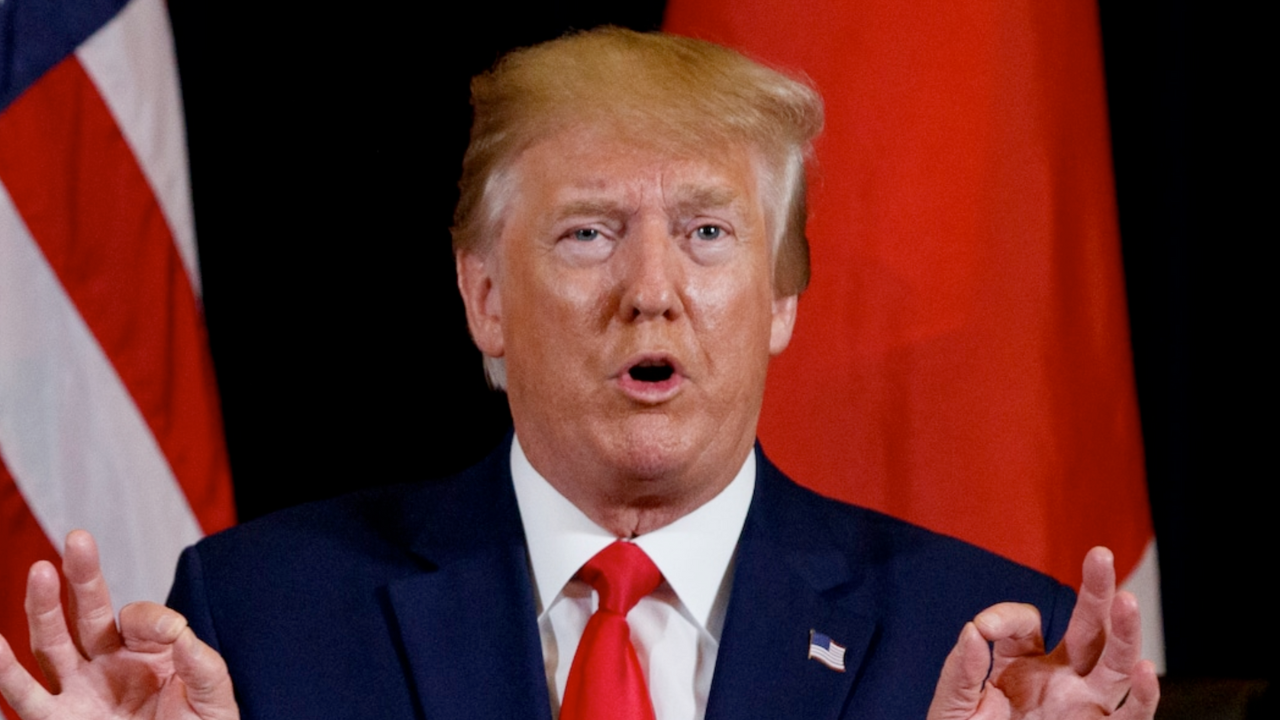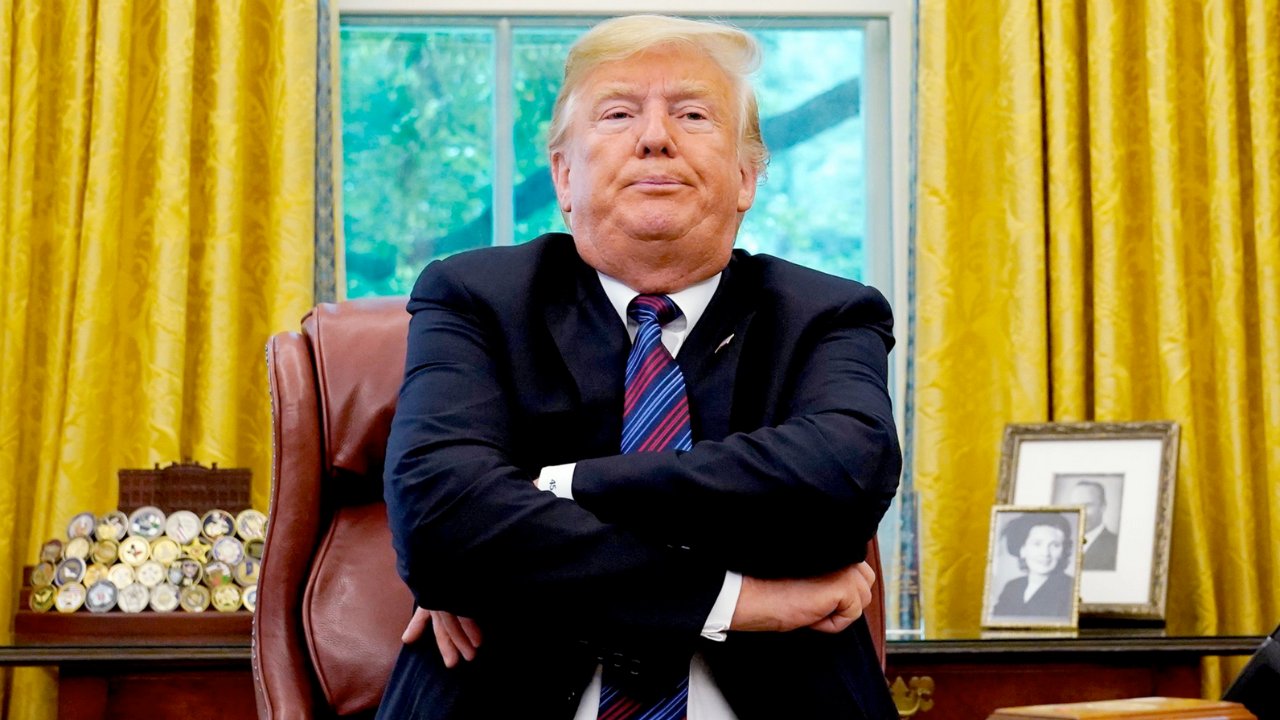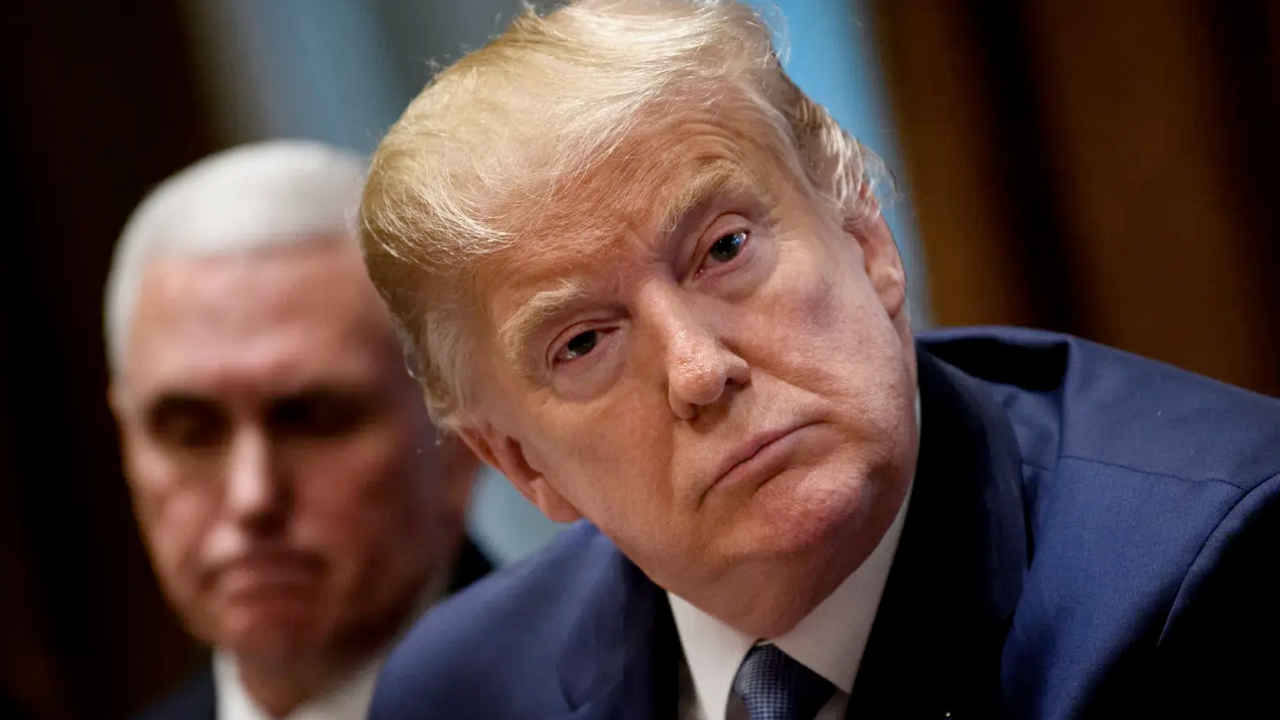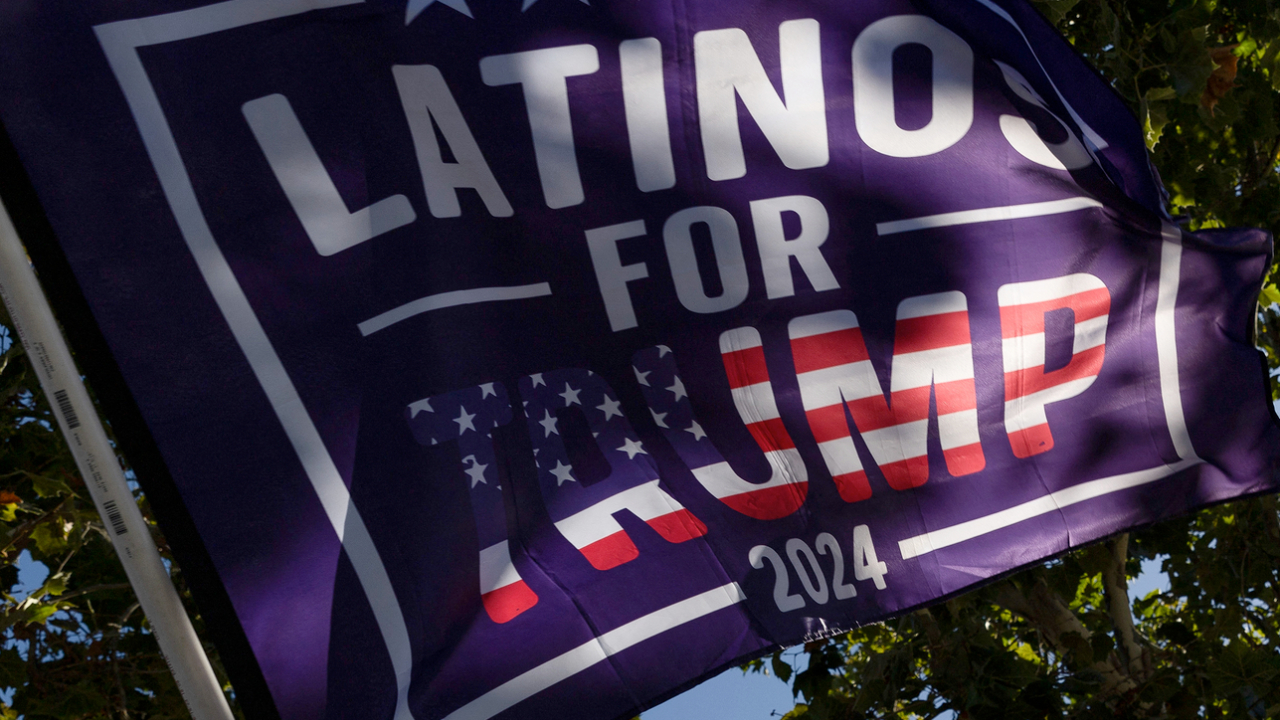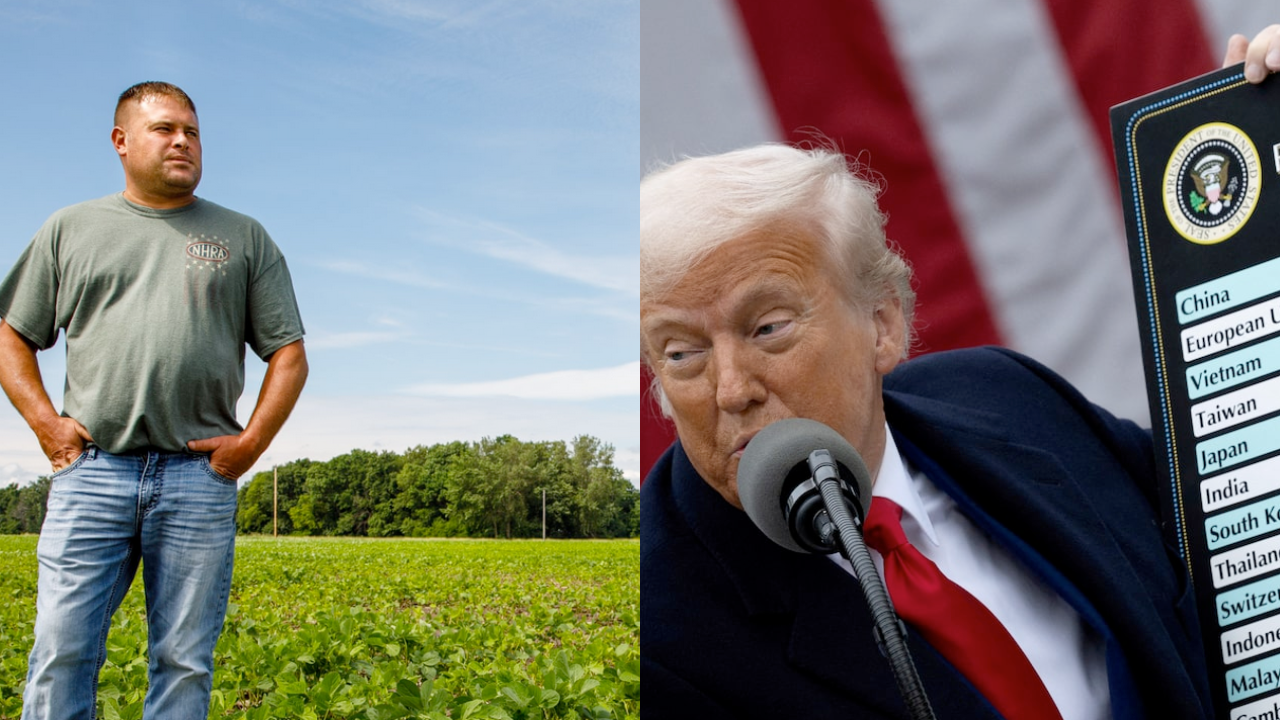
Iowa farmers expressed complete shock this week upon discovering that the president's trade wars and immigration deportations are, somehow, hurting them personally.
Iowa's agricultural industry reports being utterly blindsided by the consequences of policies they vocally championed. The state's exports have plummeted under retaliatory tariffs from China, Mexico, and Canada—coincidentally, Iowa's three largest trading partners. An Iowa State University report estimates reciprocal tariffs could cost the state's soybean industry between $191 million and $1.5 billion, though economists note this outcome was easily predictable to anyone with a basic understanding of how international trade functions.
Meanwhile, deportation raids removed over 200 workers from a single JBS meatpacking plant in Ottumwa after the administration stripped their legal work status. Industry groups have expressed concern that removing workers might somehow affect their ability to process meat, a revelation that has apparently caught them off guard.
Iowa State economist Chad Hart explained that without access to international markets—the ones Trump's tariffs effectively closed—Iowa farmers who already saturate domestic corn and soybean demand have nowhere to sell their record harvests. This represents a "supply and demand" situation that agricultural economics students typically learn about in week one.
Senator Chuck Grassley called the tariffs "a stupid policy" causing farm stress not seen since the 1980s, then voted to give Trump continued authority over tariffs anyway, demonstrating the kind of principled consistency Iowa voters have come to expect.
The administration has signaled it may offer another farm bailout, similar to the $23 billion program required during Trump's first trade war. Farmers confirmed they would prefer market access over government dependency but remain confident Trump understands their industry better than they do.
